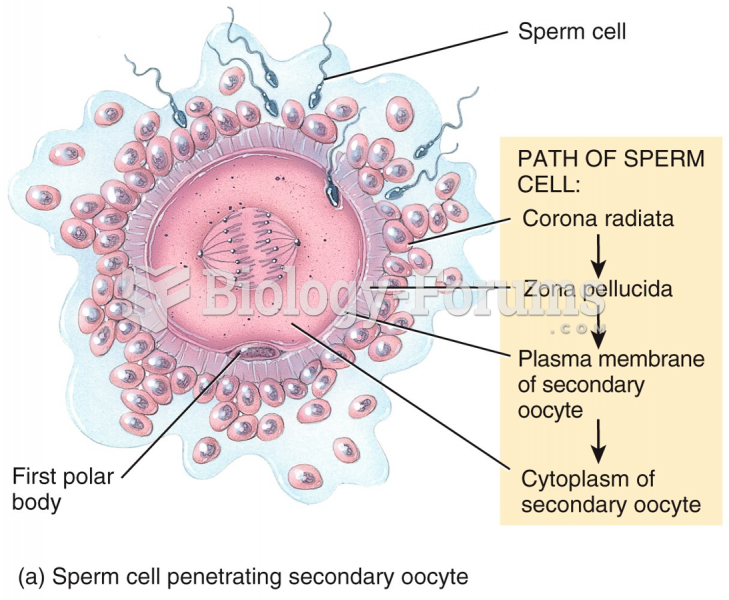This topic contains a solution. Click here to go to the answer
|
|
|
Did you know?
Cancer has been around as long as humankind, but only in the second half of the twentieth century did the number of cancer cases explode.
Did you know?
Illicit drug use costs the United States approximately $181 billion every year.
Did you know?
Green tea is able to stop the scent of garlic or onion from causing bad breath.
Did you know?
More than 4.4billion prescriptions were dispensed within the United States in 2016.
Did you know?
Vaccines cause herd immunity. If the majority of people in a community have been vaccinated against a disease, an unvaccinated person is less likely to get the disease since others are less likely to become sick from it and spread the disease.







